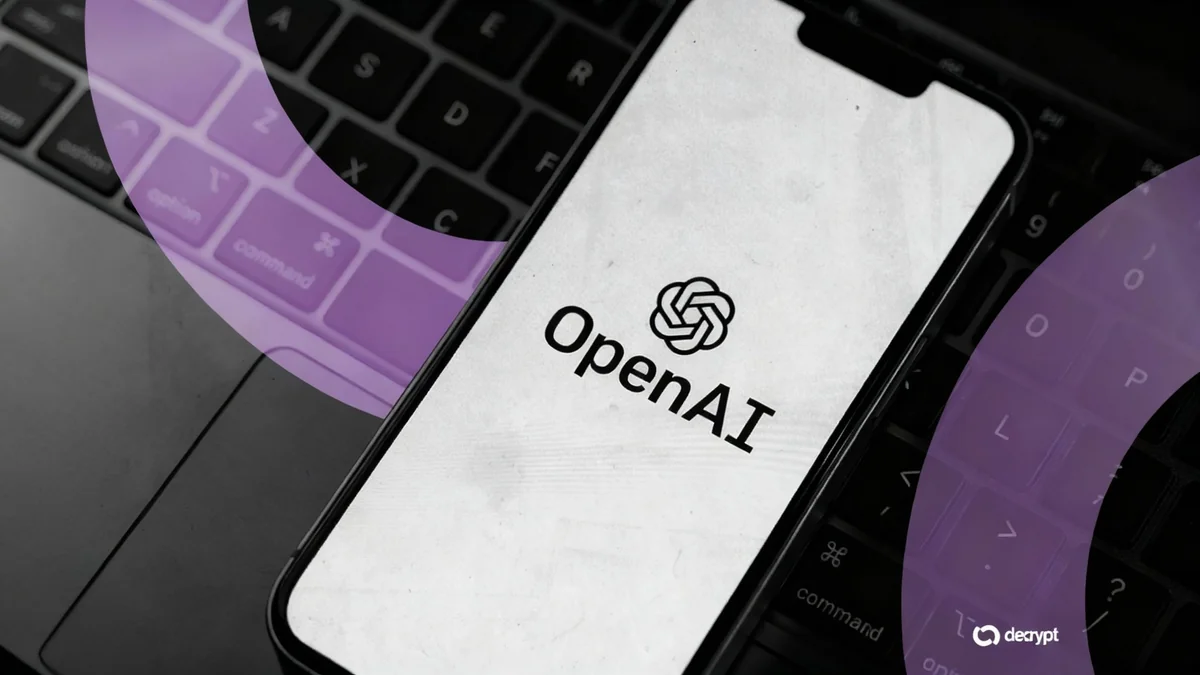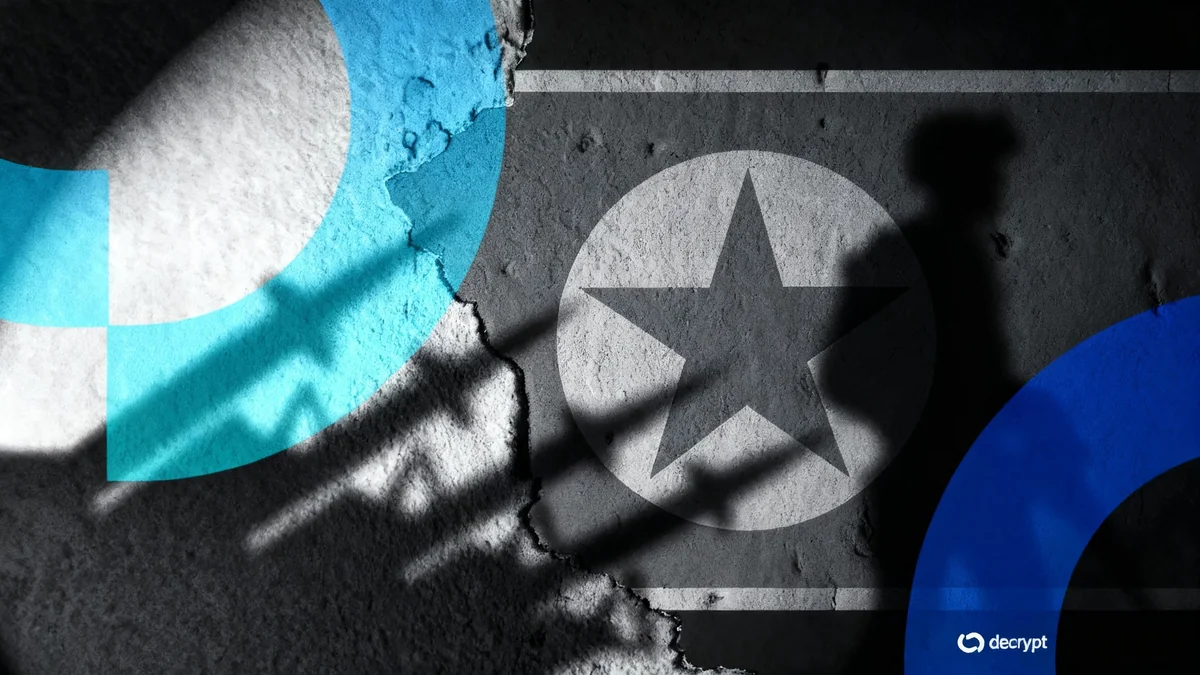A court in Dhaka has ordered the confiscation of $81 million from the Philippines-based Rizal Commercial Banking Corporation (RCBC) in connection with the high-profile 2016 Bangladesh Bank cyber heist. The ruling, issued nearly a decade after the theft, marks a significant step in Bangladesh's long-standing effort to recover the stolen funds.
Key Takeaways
- A Dhaka court has ordered the seizure of $81 million from the Philippine bank RCBC.
- The order is related to the 2016 cyber heist where hackers stole $101 million from Bangladesh Bank's New York Federal Reserve account.
- Bangladesh's Criminal Investigation Department (CID) stated that RCBC officials were complicit in laundering the stolen money.
- Despite the court order, the timeline and process for recovering the funds remain uncertain, as the money was moved through the Philippine casino system.
Court Mandates Repatriation of Stolen Funds
Bangladesh's Criminal Investigation Department (CID) announced the court's decision during a press briefing in Dhaka on September 21, 2025. The order was officially issued by the Senior Special Judge's Court on September 18, 2025.
According to CID Chief Md Sibgat Ullah, the directive legally requires RCBC to return the $81 million that was funneled through its accounts. However, officials did not provide a specific timeframe for when the funds might be repatriated.
Copies of the court's order have been formally dispatched to key figures and institutions in the Philippines. This is intended to facilitate administrative action for the return of the money.
Official Notifications Sent
To ensure the order is executed, official copies were sent to several high-level recipients in the Philippines, including:
- The President and CEO of RCBC
- The Governor of Bangko Sentral ng Pilipinas (the Philippine central bank)
- The Philippine Justice Minister
- The Philippine Ambassador to Bangladesh
Advocate Ehsanul Haque Samaji, a special prosecutorial adviser, described the process as administrative. He stated, "This is entirely an administrative process, and once it is completed, the money will be repatriated to Bangladesh."
The 2016 Bangladesh Bank Heist Revisited
The case dates back to February 2016, when unidentified hackers executed one of the largest cyber thefts in history. They successfully breached Bangladesh Bank's systems and sent fraudulent transfer requests from its account at the Federal Reserve Bank of New York.
The hackers attempted to steal nearly $1 billion but were largely thwarted by a spelling error in one of the transfer instructions. However, they managed to divert $101 million before the transactions were halted.
Breakdown of Stolen Funds
Of the $101 million stolen, the funds were routed to two countries:
- $81 million was transferred to four fictitious accounts at an RCBC branch in Manila, Philippines.
- $20 million was sent to a bank in Sri Lanka, but this transfer was quickly reversed after officials detected irregularities.
The $81 million sent to the Philippines was swiftly withdrawn and laundered through the local casino industry. At the time, casinos in the Philippines were not covered by the country's anti-money laundering laws, which created a significant loophole for criminals.
Legal Basis and RCBC's Alleged Complicity
The Dhaka court's order was based on the Money Laundering Prevention Act of 2012. The CID's investigation concluded that RCBC, as a corporate entity, was directly involved in the money laundering scheme.
The investigation named several RCBC officials, including the former president and CEO Lorenzo Tan and branch manager Maia Santos Deguito, as being complicit. The CID report alleges these officials facilitated the opening of fake accounts and ignored a stop-payment request from Bangladesh Bank, allowing the stolen funds to be disbursed.
"Courts in the Philippines have already convicted RCBC officials for their involvement, while the Bangko Sentral ng Pilipinas imposed significant penalties on the bank," the CID said in a statement. The agency noted that RCBC had previously returned only $68,000 in February 2016.
The CID's findings assert that RCBC's actions constitute a corporate offense under Section 27 of the anti-money laundering law. Based on this, the court ordered the full $81 million to be confiscated and returned to the Bangladesh government's treasury.
Persistent Challenges in Fund Recovery
Despite the legal victory in Dhaka, the path to recovering the $81 million is filled with obstacles. RCBC has previously argued that the funds are no longer in its possession. The money was quickly moved out of the bank and into the casino system, making it extremely difficult to trace and retrieve.
Philippine courts have also acknowledged that the majority of the money vanished after entering the casinos. This creates a complex jurisdictional and logistical challenge for enforcing the Bangladeshi court's order.
A Prolonged Investigation
The investigation into the heist has moved slowly in Bangladesh. A case was filed in March 2016, but the submission of the final probe report has been deferred 88 times. The next deadline for the report is set for September 29, 2025.
CID officials expressed hope that RCBC would comply with the order to protect its international reputation. However, they did not comment on what legal steps would be taken if the Philippine bank refuses to cooperate. The lack of a clear enforcement mechanism between the two countries' legal systems remains a primary hurdle.
The international financial community will be closely watching how RCBC and Philippine authorities respond to the confiscation order. The outcome could set a precedent for cross-border recovery efforts in major cybercrime cases.





